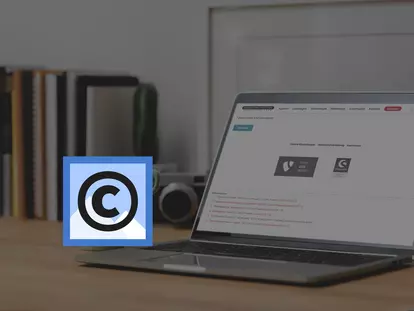Tailor-made Development
Some requirements are so special or application-specific that there is simply not a ready-made solution available for them on the market. In these cases, we always develop solutions that are a perfect fit for your individual requirements. They might be totally individual services and even entire platforms, as well as simple, individual components of applications to extend existing systems.
We always record the explicit requirements for a custom development in detail and then select the appropriate technology stack for the application to precisely meet your needs. If these are PHP-based applications, we usually implement them with Symfony or TYPO3. We rely on Bootstrap, Foundation or custom development for any frontend requirements.
Custom TYPO3 development
The TYPO3 content management system comes with a wide range of functions for a high-performance website. One of the biggest advantages of TYPO3 is its modular extensibility through the use of extensions, which enable features to be added to the website. The official TYPO3 Extension Repository (TER) has several thousand extensions freely available – but sometimes they do not meet all our clients' requirements.
Existing extensions are adapted or special solutions are developed to enable us to implement our clients' individual and specific requirements.
We develop made-to-measure Extbase and Fluid-based extensions that incorporate our clients' requests, integrate seamlessly into the TYPO3 system and provide optimal use. In doing so, we take care to implement lasting and future-proof solutions.
Custom Symfony Development
We often use Symfony for individual requirements, such as stand-alone configurators (like the Tox Calculator in the Ecolab Rinse Assure project) or importers (PIM/ERP importers), or also for microservices, meaning independent processes that communicate with each other via a language-independent interface.

AI Filemetadata
Automated creation of descriptive alt texts for people with visual impairments. A description is generated by an AI as soon as the image file is uploaded.

Picture Credits
The TYPO3 extension for image credits enables the central recording of information on image licenses directly with the original image and the automatic output of image credits in the frontend page.

oauth2
With the help of the new TYPO3 oauth2 extension, we have created an innovative solution for cross-system user management.

Logging extension
Our logging extension for Shopware 6 enables differentiated logging of activities by real users or the Symfony Console in the Shopware backend.

Trusted Shops Reviews
Our Shopware 6 extension solves the current weaknesses of the official Trusted Shops extension and plays out product ratings in a performant way.

UTM parameters extension
We have developed a Shopware 6 extension that brings classic UTM parameters into the Shopware world.
